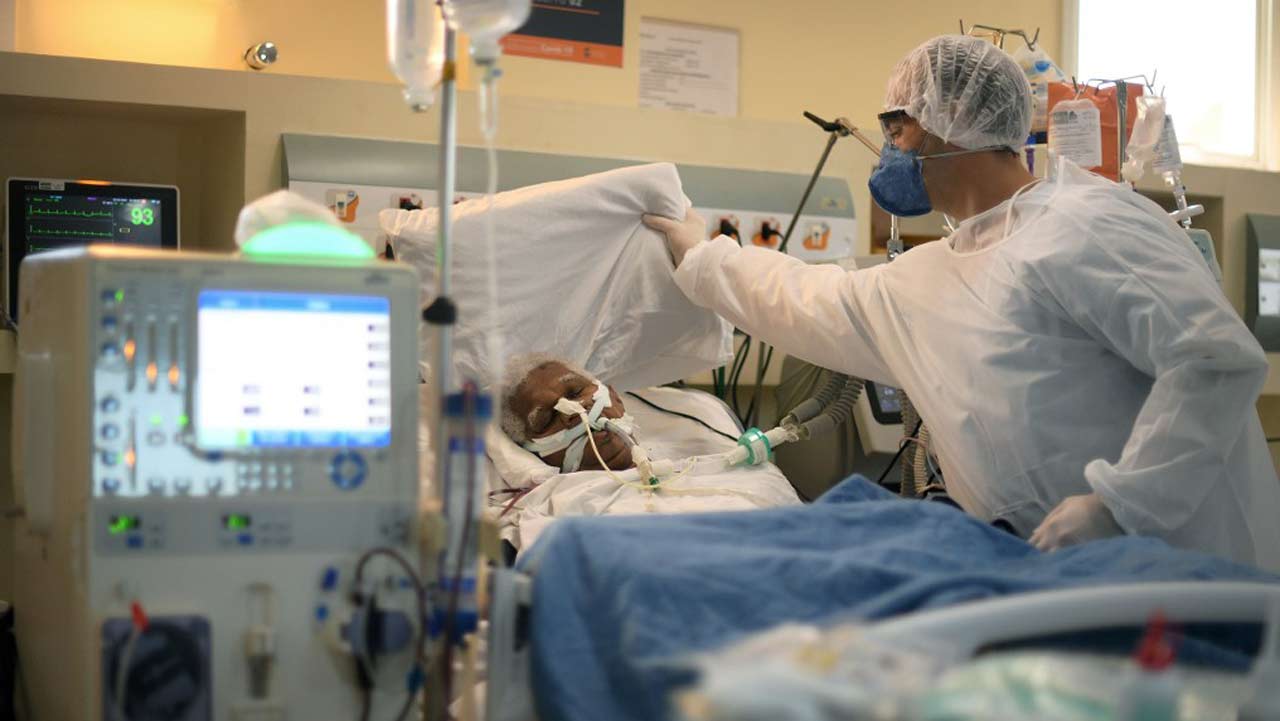The stressful and energy exerting schedules that many of us go through on a daily basis can leave us spent at the end of the day. It is only natural that we reach for some pain relief medications to douse the tension.
Most pain relief medications can be bought over-the-counter in pharmacies, hence the reason we have them all over the place – including inside our cabinets in homes and offices.
When used moderately, they are safe for all. However, the danger in having easy access to and possessing OTC pain relief medications is that many users turn them to sweets or candies that make a raging headache disappear.
Doctors say that it is important for us to know that painkillers, when abused, can actually lead to more pain, instead of the relief that we seek.
Family Physician, Dr. Gbenga Agbaje, notes that even though painkillers are often taken for temporary relief, it is often common for those who use them regularly or those with chronic pain to become dependent or addicted to them.
Sounds strange? Agbaje says it is not just cocaine or heroin that people abuse; according to him, thousands of Nigerians are in the grip of a deadly drug addiction – including addiction to everyday use of painkillers, also known as analgesic.
Though these drugs give short relief, he warns that overdependence on them may create greater health challenges than users can handle.
.jpg)
He states that taking any painkiller for a long period of time will most likely lead to the development of a tolerance and physical dependence upon the drug.
But then, how do you know you have reached the point of addiction? General Practitioner, Dr. Lanre Salami, says someone is said to be addicted to painkillers when taking the drug has become the only ‘treatment’ for the chronic or slight pain the person feels in any part of his body and he no longer has control over their use.
He states that most pain relief medications contain nicotine, caffeine and Ibuprofen, which are addictive substances because of the relief they give users.
Salami adds, “It’s a health issue, as well as mental and physical issue; and this addiction can have serious consequences, depending on how long you have been using them, even to cure pain or aches.”
Apart from addiction, experts warn that there are three main health concerns when using painkillers to treat pain over a long period. One is that the pain you are trying to repress or cure may become worse.
The Director, Pain Management and Research Institute, New York, Prof. Michael Nicholas, adds that painkillers are psychotropic drugs and their prolonged use could lead to kidney and liver problems in children and adults.
“Years ago, parents often gave their children baby aspirin for fevers and illness. Now that doctors know more about Reye’s Syndrome — a rare but serious condition that affects the brain, kidneys, and liver — aspirin is a no-no for children and teens during times of illness.
“Even adults must be more careful because they are more prone to the side effects. Some OTC pain relievers may interact with some high blood pressure medications or they can increase blood pressure in people not previously diagnosed with this condition as they grow older,” Nicholas says.
He notes that these painkillers are only useful for treating short-term pain, and are never intended to treat long-term condition.
“None of these drugs will fix the problem. All they do is cover it and that’s when people get into trouble. They increase the dose themselves. You can actually end up feeling more pain with the drugs you are taking because you get more sensitised. And as the drugs wear off, so people take more and then they have more side effects.”
Want to get off these drugs? Doctors say it is possible, and all you need do is to understand the cause, and how to prevent it or seek treatment.
Nicholas notes that it’s important to correct the root cause of pain, while managing it may require the help of a doctor or a pain specialist and other health professionals. Therefore, visit the hospital.
But not to worry, there are some natural remedies and quite simple lifestyle changes that could stop the pain and get one off painkillers. One of them is physical exercise. A health and fitness expert, Valerie Johnston, says the brain releases chemicals known as endorphins during exercise, which block pain signals and also serve as mood boosters.
Johnston adds, “Any form of physical exercise also works on other levels to reduce pain. By strengthening your muscles, increasing your mobility, improving your range of motion, increasing your endurance, and improving your cardio health, your body’s resistance to pain will increase naturally.”
As expected, stress has a way of intensifying pain. Johnston notes that negative emotions which arise from being stressed out could cause the body to tense up, which could aggravate existing aches.
She recommends stress reduction techniques such as deep breathing, meditation, and guided imagery, all of which naturally relax both body and mind.
“As you learn to live a more relaxed, stress-free life, you will progressively be able to manage your pain more effectively. Knowing how to access a mental escape will be of great benefit for moving out of your pain and into a more peaceful state of mind.”
She also states that poor diet is one of the culprits that cause pain.
According to her, individuals who are overweight and/or malnourished are much more prone to chronic pain; adding that a variety of vegetables, fresh fruit, whole grains, omega-3 fatty acids, beans, peas, nuts, and other healthy food choices, while reducing unhealthy foods, can reduce back and neck pain, as well as headaches
BY: BUKOLA ADEBAYO
THE PUNCH
ABUJA: Training Schedule for Basic Life Support BLS, Pediatric Advanced Life Support (PALS), Advanced Cardiovascular Life Support ACLS, First Aid, CPR, AED
PORTHARCOURT: Training Schedule for Basic Life Support BLS, Pediatric Advanced Life Support (PALS), Advanced Cardiovascular Life Support ACLS, First Aid, CPR, AED
LAGOS: Training Schedule for Basic Life Support BLS, Pediatric Advanced Life Support (PALS), Advanced Cardiovascular Life Support ACLS, First Aid, CPR, AED




